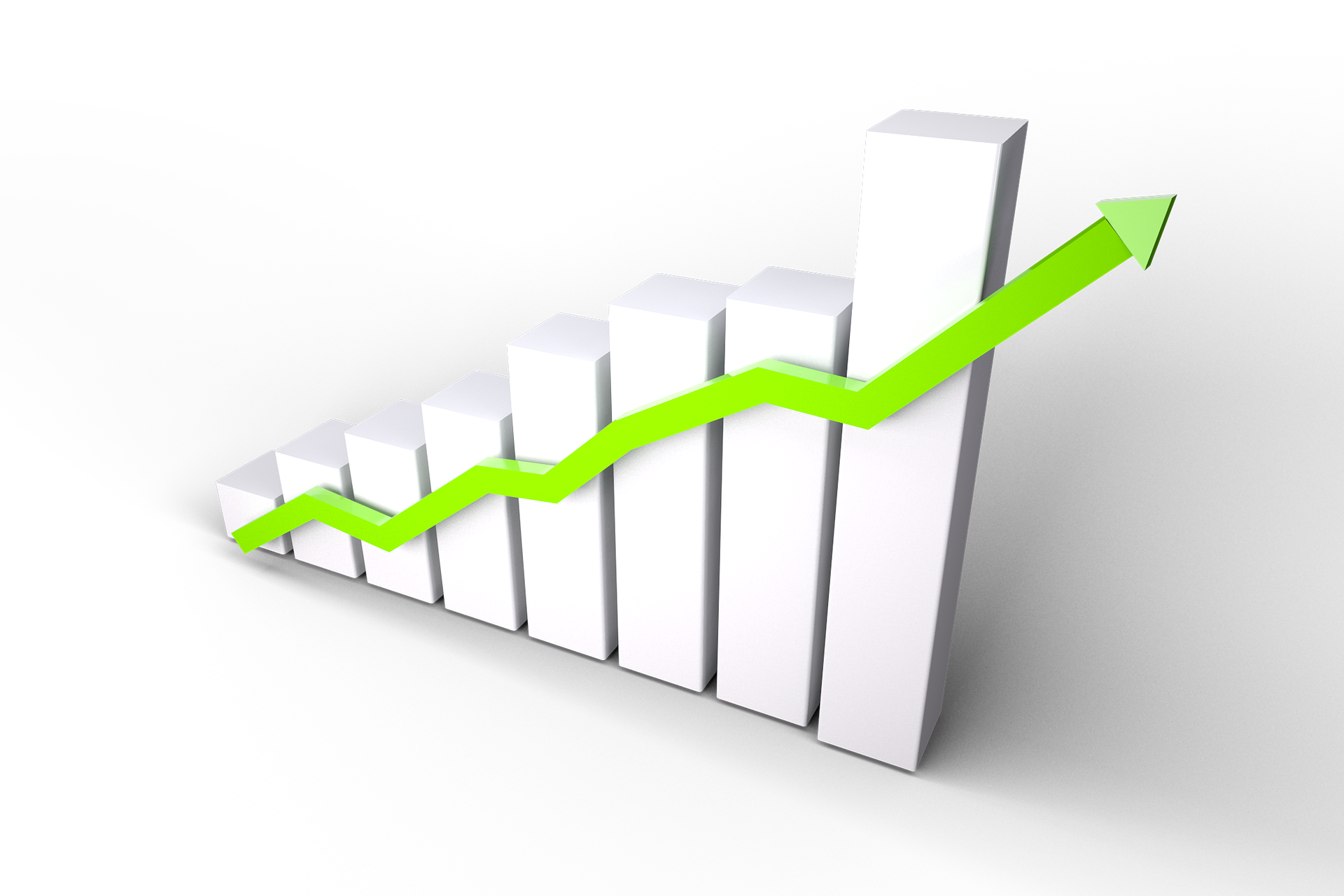In the first quarter of 2021, according to a relevant survey by the Financial Times, there was a 9.4% rise in international housing prices, making it the largest in the last 30 years among OECD countries. The high interest in more living space and better housing conditions, the consequence of lockdowns and teleworking, the funds that households around the world have been forced to save due to the pandemic, and the historically low interest rates in a global recovery environment have led to the largest price increase in the last two decades.
The results of the survey coincide with the estimates of Denise Egan, an IMF executive, who noted that a large increase in house prices throughout the northern hemisphere was recorded last year. The data show that house prices remained on the rise in the second quarter of the year.
Particularly, in the US, house prices have recorded in April the largest increase in the last 30 years. Similar increases have also recorded in Britain, South Korea, New Zealand, Canada and Turkey.
According to Enrique Martίnez Garcia, an economist at the Federal Reserve in Dallas, there is a kind of “housing fever” in some countries. According to him, this is due to the highly development fiscal and monetary policy pursued by governments to address the economic impact of the pandemic. “The extremely favorable financing conditions offered by the historically low interest rates make the purchase of a house more affordable and more profitable than renting, as well as other investments,” he emphasizes. He adds that “many of the funds saved have been channeled into the housing market”.
After all, lockdowns and teleworking have created new priorities for many people looking for more spacious homes or neighborhoods with more quiet to make it easier to work from home. Speaking to FT, Matthias Pleisner, an economist at Scope Ratings, said that “the rising house prices had been exacerbated by supply shortages and high construction costs as a result of problems in the global supply chain but also as a result of the surge in the cost of raw materials such as steel, wood and copper».
Brett House, an economist at the Canadian bank Scotiabank, warns of a structural imbalance between supply and demand for housing stock and predicts that it will strengthen further in the coming months.
Finally, regarding the consequences of this rise in house prices, the British newspaper quotes the assessment of Claudio Borrio, executive of the Bank for International Settlements, who characterizes “the development of housing as a good development for the economy, as it makes those who have homes richer”. However, he said that if the uptrend is consolidated into a kind of unsustainable explosive ascent, then it can have the opposite effect.
Source: kathimerini.gr






